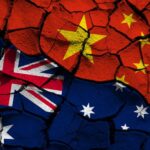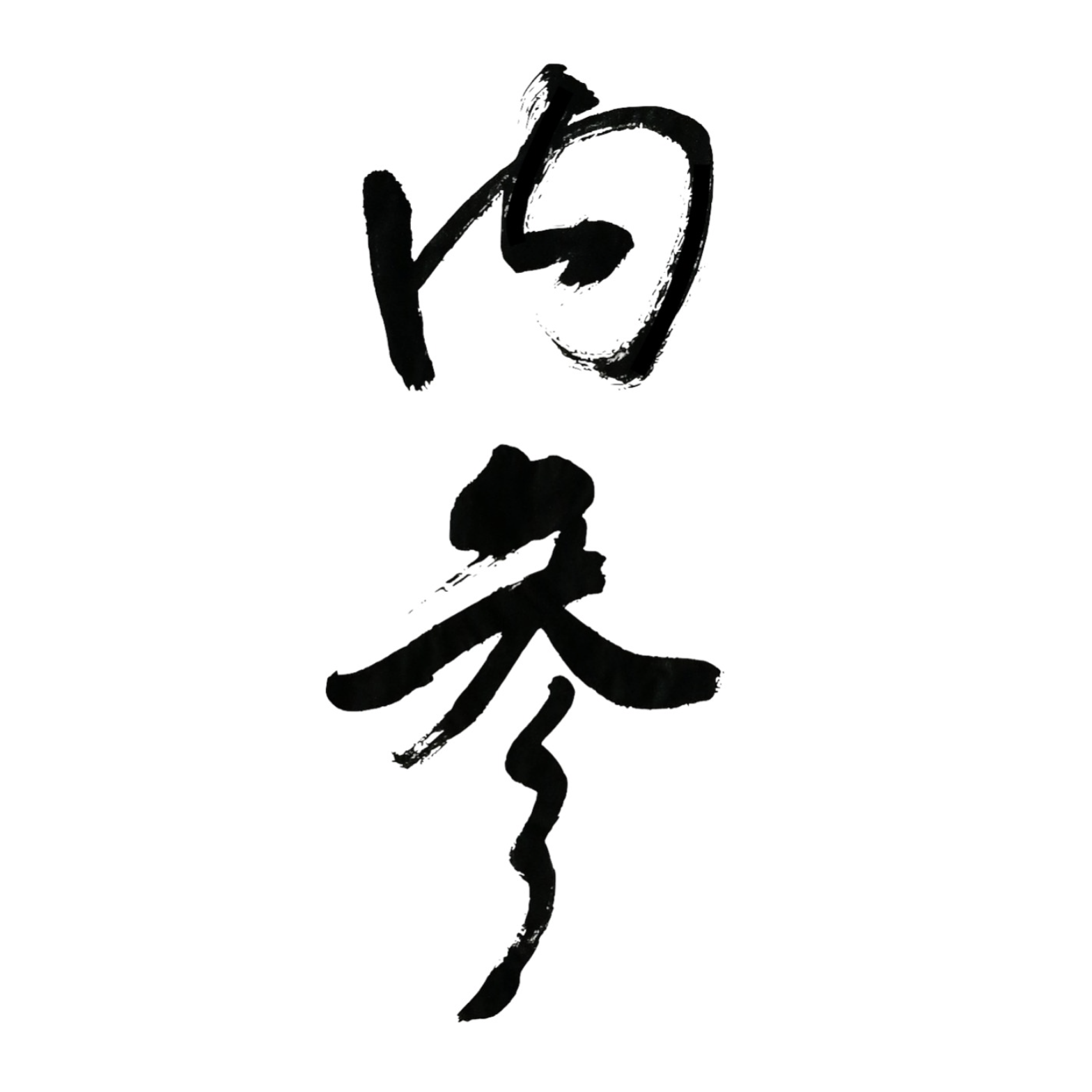WeChat ban a catch-22 for Chinese Australians

Chinese social media network WeChat is facing global scrutiny and possible bans due to its handling of user data privacy, its censorship and surveillance practices and the widespread misinformation and propaganda campaigns it hosts supposedly on behalf of the Chinese Communist Party. Yet members of the Chinese diaspora in Australia continue to use WeChat as their … more











